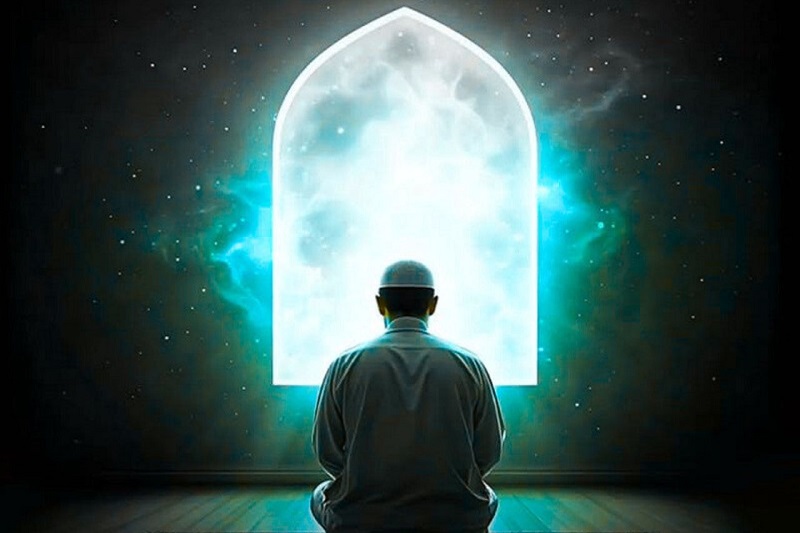
Georgia Opposition Calls for Protests as EU Demands Investigation into Election ‘Irregularities’
The Georgian opposition has demanded the people take to the streets after a disputed legislative election in which the ruling Georgian Dream party triumphed with a majority of 54 percent. The European Union and international observers have reported various electoral anomalies. Pro-Western President Salome Zurabishvili said Moscow staged the election fraud, describing it as a Russian special operation. The result has caused a heated debate on the future of Georgia’s democracy and its desire to join the European Union.
International Action and Election Issue
EU Council President Charles Michel has called for faster and clearer investigations of alleged violations of the electoral process, pointing to the need for clarification. Both domestic and international observers described pressure and tension on the field and unequal conditions where EU parliament monitors, in particular, claimed they witnessed cases of ballot-stuffing and physical violence against observers. The U.S. Secretary of State Antony Blinken also expressed similar sentiments due to credible information on the purchase of votes and voter coercion.
Before this, the EU had said that this vote was critical to whether Georgia would join the EU. The ruling party Georgian Dream won 91 out of 150 seats in the Georgian parliament, failing to gain a vote of a constitutional majority, but retaining the required majority to govern. The Gothic double of the victory was covered by Prime Minister Irakli Kobakhidze, who called the result – an “impressive victory.” At the same time, he accused the opposition of plotting the violation of the constitutional order.
Politics and Democratic Regression
The former president, Mikheil Saakashvili, who has been in detention, has appealed to opposition politicians to resign from the parliament and invited people to take to the streets. The Georgian ruling party since 2012, Georgian Dream, has been accused of changing its pro-western inclination, enacting unfavorable laws against civil society, and measures against homosexuality.
The political processes in Georgia are now far more polarised: the governing party has developed a campaign on conspiracy theories about the ‘global war party’, and is raising concerns about Georgian involvement in the Russia-Ukraine crisis. The opposition says that these steps, together with the so-called ‘foreign agents’ law, increased Russian control, and the ‘foreign agents’ law, is a major blow to democracy.




